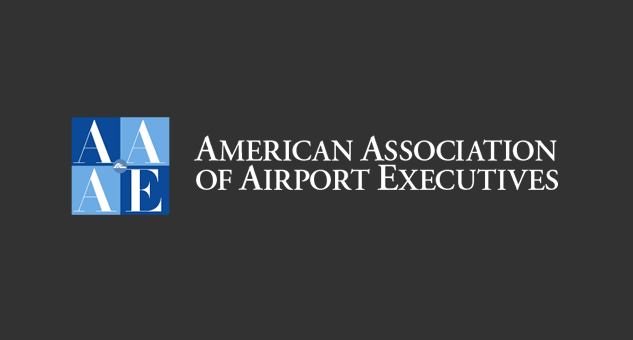The American Association of Airport Executives (AAAE) has again called on the U.S. Congress to update the U.S. tax code and federal cap on local airport user fees, noting that despite the $7.6 billion in baggage and other ancillary fees collected by airlines last year, the carriers oppose even small steps to boost Passenger Facility Charges (PFCs) for needed airport investments.
“While airlines pile up record fee collections from passengers for so-called ‘optional’ services like taking a bag for a trip, they vigorously fight modest proposals that would upgrade airports and other aviation infrastructure,” AAAE President/CEO Todd Hauptli says in response to U.S. Department of Transportation (DOT) data on how much the airlines are making annually in baggage and other fees. “We can’t meet today’s needs, let alone tomorrow’s, while maintaining a system that fails to take into account changed airline business practices and an airport financing model last updated decade ago.”
Hauptli adds it is up to Congress to look past self-serving airline rhetoric and make meaningful changes to boost airport infrastructure investments that directly benefit the traveling public.
Airlines collected more than $1.2 billion in baggage fees during Q4 2018, bringing total bag fee collections for the year to $4.9 billion, the DOT announced. Carriers collected another $2.7 billion in reservation change and cancellation fees during 2018, for a total of $7.6 billion in ancillary fees that passengers paid last year.
AAAE notes baggage and other fees have risen annually for more than a decade, yet the federal cap on the local PFC has not been adjusted since 2000. Despite misleading airline arguments, the PFC is not a tax and never goes to the federal Treasury, a fact verified by the non-partisan Congressional Research Service, the organization stresses.






